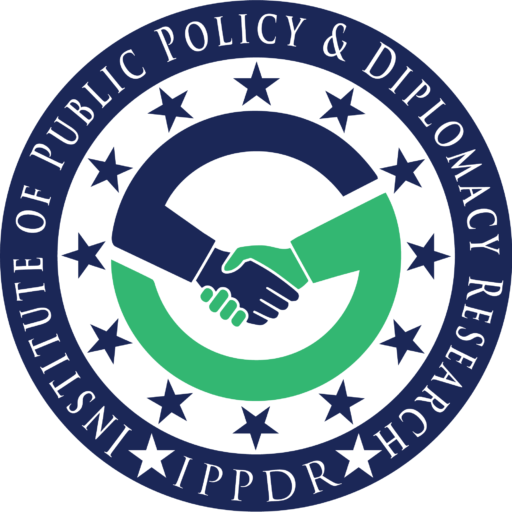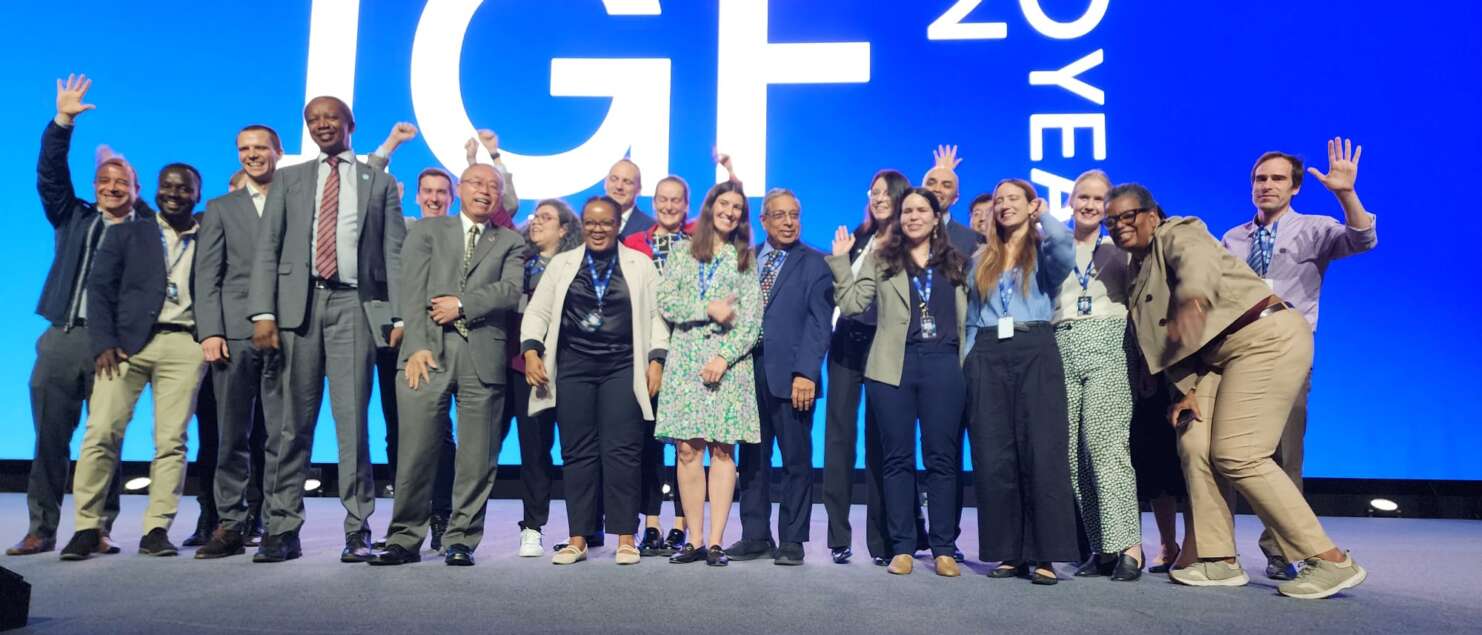Internet Governance Forum 2025 in Norway
A Defining Moment for Global Digital Governance
The Internet Governance Forum (IGF) 2025 was held in Lillestrøm, Norway, from June 23 to 27, under the theme “Building Digital Governance Together.” This was the 20th meeting, which has been held annually since 2006, and the IGF community celebrated its 20th anniversary.
More than 8,000 participants from 160 countries came together both on-site and hybrid, which fostered inclusion. It was, by far, the largest UN conference ever held in Norway. It focused on strengthening diversity and collaboration through inclusive digital governance for a sustainable digital ecosystem.
The theme was a powerful, inclusive, and compelling call to action: to develop greater trust in digital ecosystems, provide open and secure internet access for all, and embed sustainable, rights-based governance at the center of the next phase of internet development.
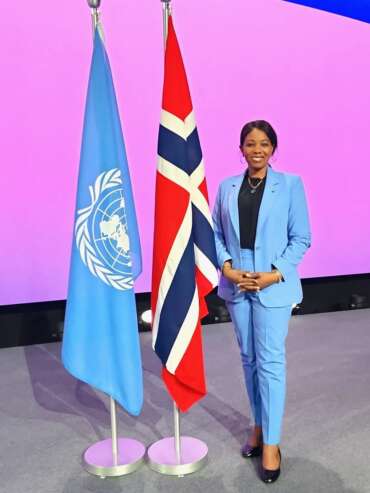
The Institute of Public Policy and Diplomacy Research was represented by Dr. Andrise Bass (PhD), its founder and former diplomat who spent four decades involved in multilateral work.
“I can also say with confidence that IGF 2025 was not just a milestone. It was the reorientation of the global dialogue on who gets to govern the internet, who’s involved, who’s excluded, and how to fix it. – Dr. Andrise Bass”
Why in Norway, and Why Now?
The choice of Norway as host was in part strategic, in part symbolic, given her vision and impartiality, for many years as a staunch advocate of the democratic process and peace building, multilateral involvements floated by a high wind of credibility at a time when that same credibility was most required.
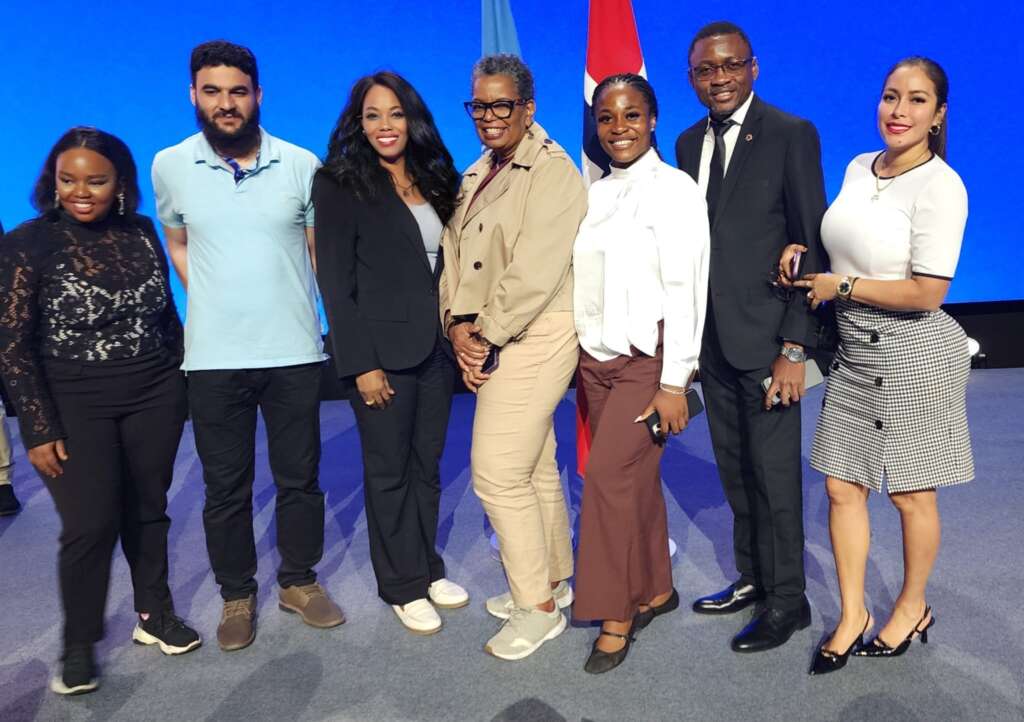
This year’s IGF played a dual role: to mark the start of the final stretch of the WSIS+20 review process, which will culminate in the high-level UN meeting in December 2025, and the introduction of the Global Digital Compact, the UN’s model for inclusive digital cooperation.
Internet Governance Forum (IGF) High-Level Dialogues that Mattered
Leadership Panel on Institutional Reform & Inclusion
A defining moment at the forum was the rallying cry to further institutionalize the IGF within the UN realm. For years, IGF has been a convener but has had little formal policy influence. That may soon change.
Of note, 16 ministers from the Global South were involved in the conversations, part of a conscious effort by Norway to uplift underrepresented voices and expand from co-ownership of digital futures. Its impact was crystal clear, in the words of the Nobel Peace Prize laureate Maria Ressa: “Without facts, no truth. Without truth, no trust. And that without trust, you cannot govern.”
Her remarks captured the moment. With disinformation poisoning public discourse and technological gulfs growing ever wider, governance must be based on truth and inclusivity.
Policy Network on Internet Fragmentation (PNIF)
One of the most urgent issues of our time, internet fragmentation, was addressed during this session. The development of censorship, digital protectionism and technological sovereignty has led to the open character of the internet already being exposed to serious risks.
Policy Network on Internet Fragmentation (PNIF) brought in a different understanding of fragmentation, by distinguishing it according to user experience, governance regimes and infrastructure. Its central message was obvious: No one nation, or actor, can do this alone.
Multistakeholder consensus is required to ensure the internet remains global, interoperable and accessible.
Euro DIG Takeaways: Youth, AI, and Multilingual Access
The European Dialogue on Internet Governance (Euro DIG) provided some much-needed viewpoints on algorithmic fairness, digital rights, and multilingual access.
Youth engagement was front and center, adding weight to the idea that policy for the future should involve those who will have to live with the consequences longest.
The Council of Europe WFHG
AI and Misinformation Sessions moderated by the Council of Europe sought to address at the intersection of AI-based misinformation, democratic resilience, and digital inclusion. The message was stark: democracy doesn’t function well in conditions of brainwashing and black-box computation.
UNDP: Citizen Data and Information- Integrity
The UN Development Program hosted sessions that could not be timelier, on utilizing citizen data to support more responsive public services and on how to construct information integrity coalitions, particularly in the context of upcoming elections. The purpose of these initiatives is to provide societies with the “hardware” and “software” to fend off digital threats.
APC and Global Justice the Association for Progressive Communications (APC) lifted up grassroots stories, especially around digital justice and community-owned networks. Campaigns such as #ReconnectGaza produced a stark illustration of the fact that access to the internet is not just a technological concern but a human rights imperative.
Project Liberty
A Bill of Rights for a Fair Digital Future Sessions led by Project Liberty discussed decentralized social networking protocols (DSNP) and data cooperatives. Such emerging models subvert the existing monopolistic HTTP architecture and propose solutions that are more democratic, transparent, and user-controlled.
Why IGF 2025 Truly Mattered
Reinforcing the Multistakeholder Model, IGF shows us that inclusive governance,e where governmental, civil society, technical, educational, and private sector entities are present as equals, is not only feasible but vital.
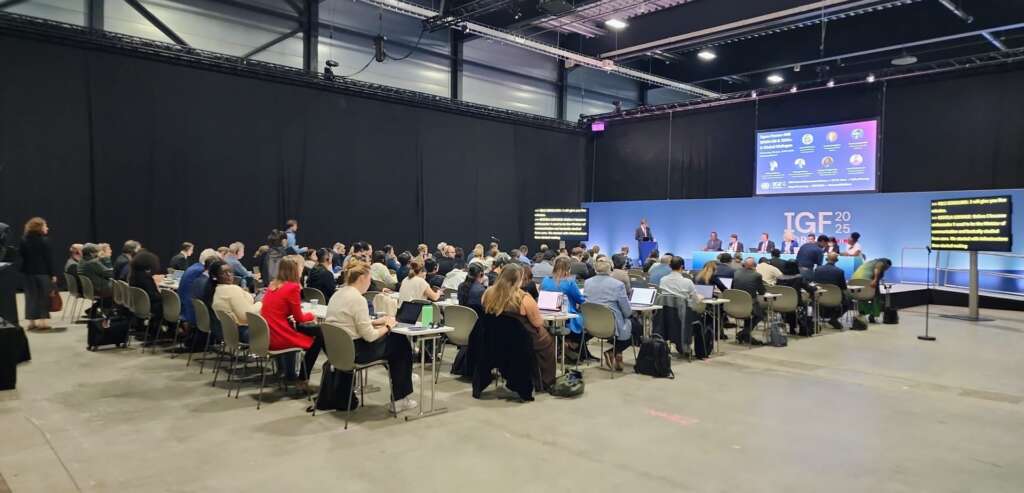
The Global South as Co-Creators, Ministers, and stakeholders from the Global South were not just performative. It was transformative. The digital policy has been all too long dominated by Global North actors. This IGF leveled the table and broadened the circle of influence.
Guarding Against Fragmentation and its reaction to the emerging digital borders was both technical and philosophical. It argued that an open internet is a peace infrastructure and that fragmenting it by geography weakens the ties that allow for cooperation, trade, and shared knowledge.
Peacebuilding Through Connectivity.
Whether in APC’s community networks or in UNDP’s citizen engagement platforms, the importance of peace as a tangible enabler for digital development was a common thread. It’s rare that formal internet governance and peacebuilding are brought together quite so explicitly. IGF 2025 did.
Preparing for the Next Decade from AI to data sovereignty, governance in 2030 was what IGF was wrestling with at the frontiers. It did not offer easy answers, but it convened the right people to establish new rules, norms, and values.
Looking Forward: WSIS+20 and Beyond
The conclusions from IGF 2025 will feed directly into the WSIS+20 HL Summit in late 2025. More importantly, they will influence the evolution of the Global Digital Compact, especially regarding trust, human rights, infrastructure equity, and regulatory harmonization.
The stakes are enormous. The Internet is no longer another parallel space, it is a central part of the infrastructure of life, governance, and economy. How we rule it reflects what we think of people, peace, and power-sharing.
Final Thoughts about IGF 2025
IGF 2025 was more than an anniversary. It was a defining moment when the team from the Institute of Public Policy and Diplomacy Research participated richly in that impactful global event.
The work ahead is not only about data or technology but also about dignity, equity, and shared responsibility. Norway did not arrange this forum on a neutral basis but as a collaborator on a grander mission: a digital future for all humanity, not just the few.
